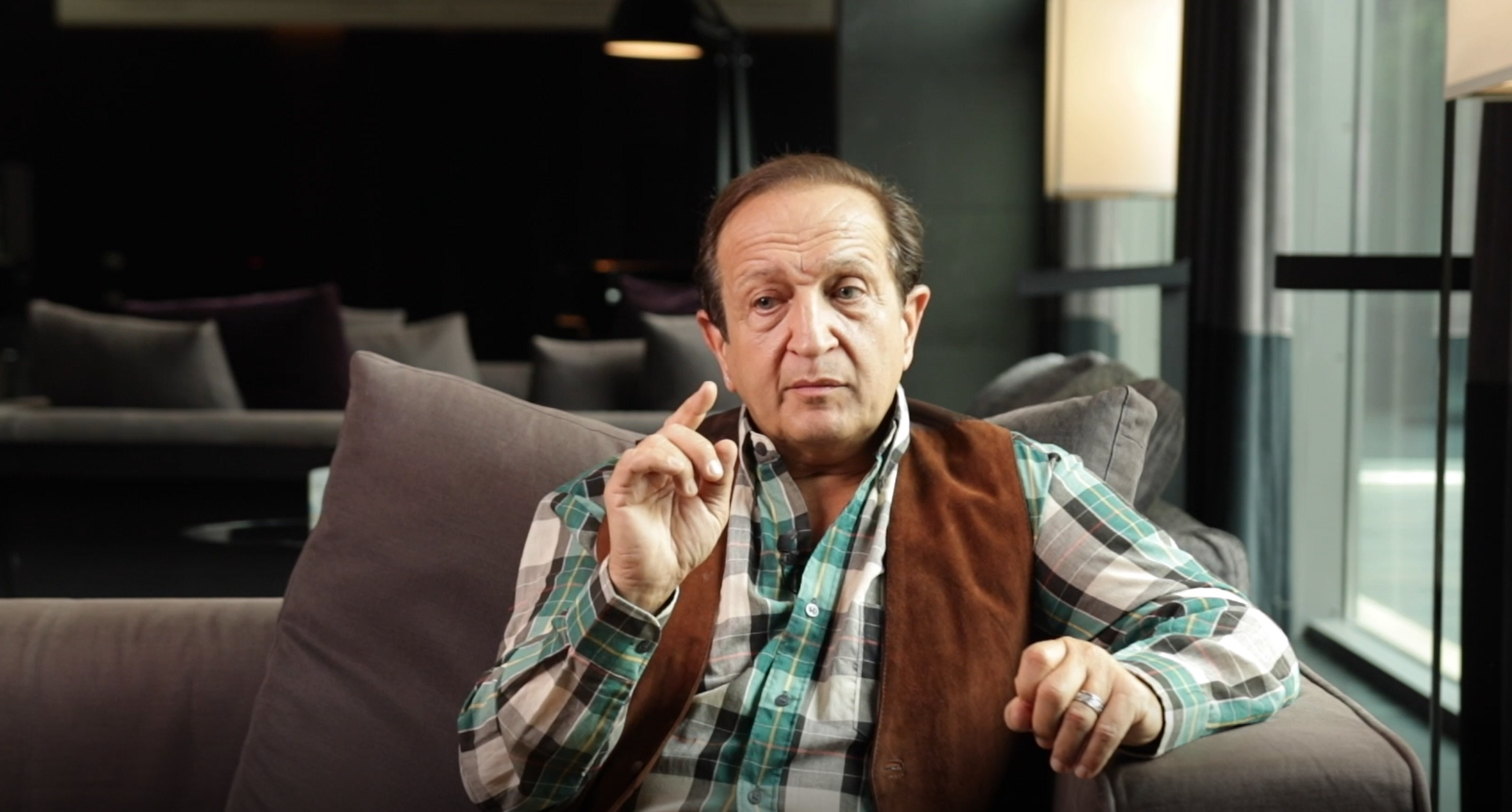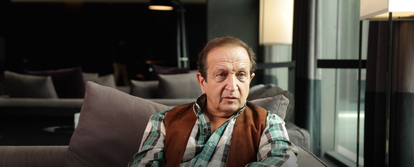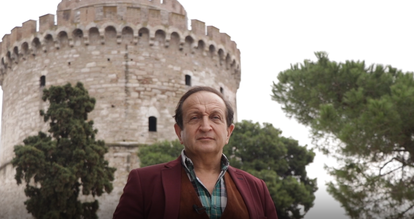Art
The role of Greek Actors in the #MeToo Movement

Friedrich Naumann Foundation for Freedom Greece
When was the last time a piece of art left you thinking? A movie, a book, a painting, or a play? You saw, or heard, or read something that lead you inevitably, subconsciously in a state of reflection.
During the COVID-19 pandemic, art was confronted with immense challenges. The theaters in Greece were closed for almost two years. The production of movies and series was stopped and all exhibitions for paintings, showpieces, and photographs were canceled. The consequences are far-reaching. Looking back, artists had no opportunity to work and earn their living; looking forward, people remain reluctant to go to artistic or cultural events.
Spyros Bibilas, actor and President of the Union of Actors in Greece, attempts to describe how the pandemic has been perceived by artists. He speaks about the consequences on their daily work and how they struggled to earn a living during that time. However, Bibilas also points out how the pandemic turned out to be a milestone for the cultural life in Greece, especially in the context of #MeToo.
In the beginning, he states that art is a means to escape the boundaries of societal beliefs and restrictions. He believes that “art has the purpose of waking the people up and make them think about the status quo.” Bibilas, an actor himself, is convinced that “art is not just about embellishing our lives – it´s about putting our mind to work. It is about deciding what´s right and what´s wrong.” In other words, art and the theater have a mission to fulfill in society.
People tend to turn to art in times of crisis. They search for answers to crucial societal problems. They wonder how events and situations would be presented by poets and writers, how they would be captured on paper and in painting, and how emotions would be described through music and the theater. Utilizing the freedom of expression, artists make these experiences and emotions comprehensible – which, in turn, helps people to understand and cope with what is happening. This was perhaps even more intense during the pandemic, facing the unprecedented developments and feelings that citizens had to confront.

Friedrich Naumann Foundation for Freedom Greece
Art and #MeToo – The Pandemic as a Chance?
Bibilas makes clear that the theater is not an encapsulated space. It is strongly connected to society. It almost reflects society – depicting all the virtues, but also all the problems. Sofia Bekatorou, a famous Greek sailing champion, sent a tremor through society by starting the debate on #MeToo in Greece and triggered an unimagined echo throughout the art scene. Just like in all other parts of society, sexual harassment also happened in the theater, Bibilias outlines. On stage, however, imbalance in power is much more accentuated: a small number of directors and protagonists earn good money, while all other actors are left vulnerable and unprotected to pressure.
Nonetheless, the wave started by #MeToo encouraged countless actors and actresses across all ages to share their stories. Bibilias is convinced that COVID-19 played a role in this. As mentioned earlier, almost all performances stopped during the pandemic. As a consequence, actors and actresses found the room to speak up without jeopardizing their job and existence. They found the room to tell the world what happened to them without interrupting the performances that would otherwise provide for their livelihood.
Society has evolved since then. Art contributed its part, as it should be. Still, major problems remain. Bibilas mentions the status of the LGBTI community within the predominantly conservative Greek society as an example for a group that has to face harassment not only in public, but also in their private environment. According to him, art gives those people two essential things: a room to express themselves, and a means to bring positive change to society. “Art can and does speak. Art can and does denounce things.”

Friedrich Naumann Foundation for Freedom Greece
Art and the State – Art as a Corrective?
Another crucial topic Bibilas is referring to is the New Labour Law that the government of New Democracy introduced in the previous year. This new law introduces changes to unions, the right to strike, the ability to conclude collective labour agreements, the conciliation procedure, and the judicial review of arbitral awards. Bibilas believes these changes to create an unsecure environment for actors. Now, given the possibility to create individual employment contracts, the unions cannot protect the actors from being exploited by their employers anymore. In more concrete terms, employers could now pay less than the agreed minimum wage, simply fire someone or violate basic working rights. Bibilas claims that this law “creates uncertainty to actors, brings them in a more vulnerable position to suffer from blackmailing and suppresses their freedom of expression.”
When describing the relationship between art and the state, Bibilas believes that “power is afraid of art, because art is free. […] And therefore authorities […] want to silence it.” We can observe this in society. Even though the Greek Constitution provides for freedom of speech and proclaims that “art is free”, the number of attempts to prosecute artists, curators, and cartoonists do not provide justice to this proclamation. When it comes to religion and public morals, the public, as well as first instance courts, appear to follow a traditional and relatively conservative direction – ultimately leading not to direct, but even more to indirect, self-imposed censorship.
However, Bibilias is confident about the days to come: “Art has a future in Greece. It has a future all over the world. Art always has a future.” Looking forward, it is our responsibility to give artists not only freedom of thought, but also freedom of expression. To give them the space, the rights, and the respect to express themselves. Because in the end, they give something back to society. Something society essentially depends upon. Bibilas already mentioned it: “For art is not only about embellishing our lives, but also about putting our mind to work.”
